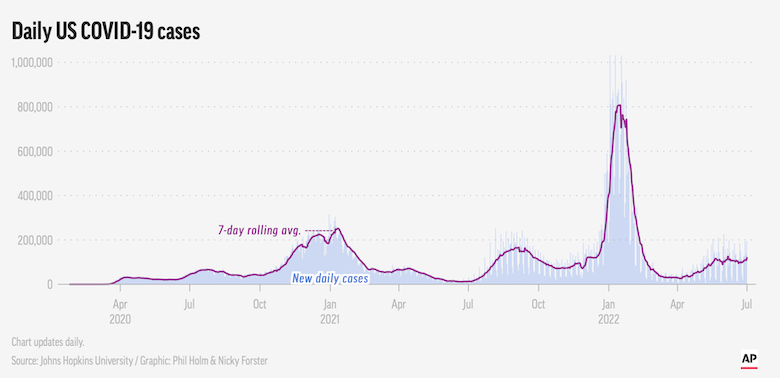In the endless comment thread in the post that dealt with the congressional hearings (262 comments and counting!), the original topic has long been forgotten and the discussion now deals with creationist theories that seek to reconcile scientific knowledge about Earth’s geology with a biblical-based chronology. These attempts at reconciliation have a long history and I dealt with this topic on pages 68-75 of my book The Great Paradox of Science. I reproduce that section below for those interested in the history of how these creationist beliefs came about, starting with Bishop Ussher’s influential calculation in 1650 CE that the age of the Earth was about 6,000 years old. It also shows the beginning of the convergence of studies from a wide variety of scientific fields to arrive at the current consensus that the age of the Earth is about 4.5 billion years.
[Read more…]

